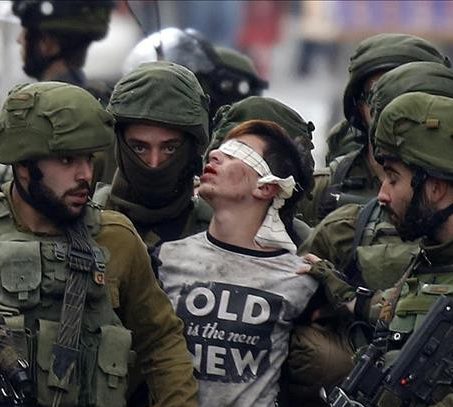
In a televised statement, Sisi said he had resigned from the military and that it would be the last time he wears his military fatigue, stating “I give up the uniform to defend the nation” and run in elections expected next month.
In his speech, he reminded Egyptians of the security and economic challenges facing them, reiterated that he cannot “perform miracles” and called on Egyptians to work hard to improve their country.
Sisi said he intended to build a “modern and democratic Egypt.” He spoke of the challenges facing the country, including millions of unemployed and a “weak economy.”
The 59-year old former military leader who aided in the ousting of President Mohammad Mursi last year also said Egypt was threatened by terrorists and he would work to make a country “free of fear.”
Sisi is considered almost certain to win. Under Egyptian law, only civilians can run for president, so his resignation was a required step.
The authorities have yet to set a date for the presidential election. Leftist politician Hamdeen Sabahi, who came third in the 2012 election, is so far the only candidate to have stated his intention to run.
In an apparent goodwill gesture despite the crackdown, Sisi promised “no exclusion. … I extend my hand to all at home and abroad – all those who have not been convicted.”
“There will be no personal score-settling,” he said.
However, on the ground there have been no signs of any move toward reconciliation with Mursi’s supporters and the Brotherhood, once the country’s strongest political force.
Authorities on Wednesday announced the latest in a series of mass trials of suspected Islamists, including the top leader of the Brotherhood Mohammed Badie, on murder and other charges in connection to violence the past months.
Mursi supporters have continued near daily protests against el-Sissi and the interim government. On Wednesday, students in several universities, most of them Islamists, held protests that turned into clashes with security forces. An 18-year-old student was killed in the violence at Cairo University, the Health Ministry said.
(Source / 26.03.2014)




